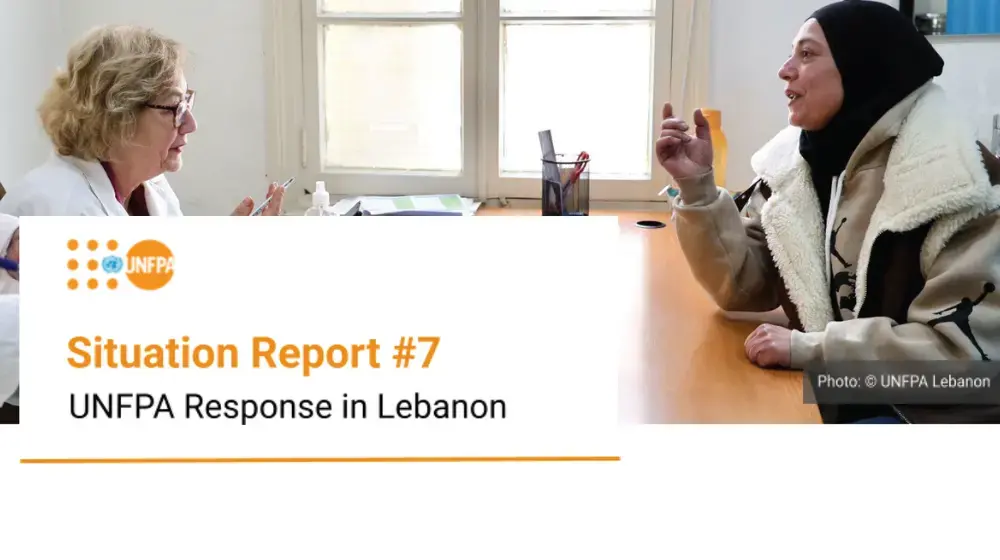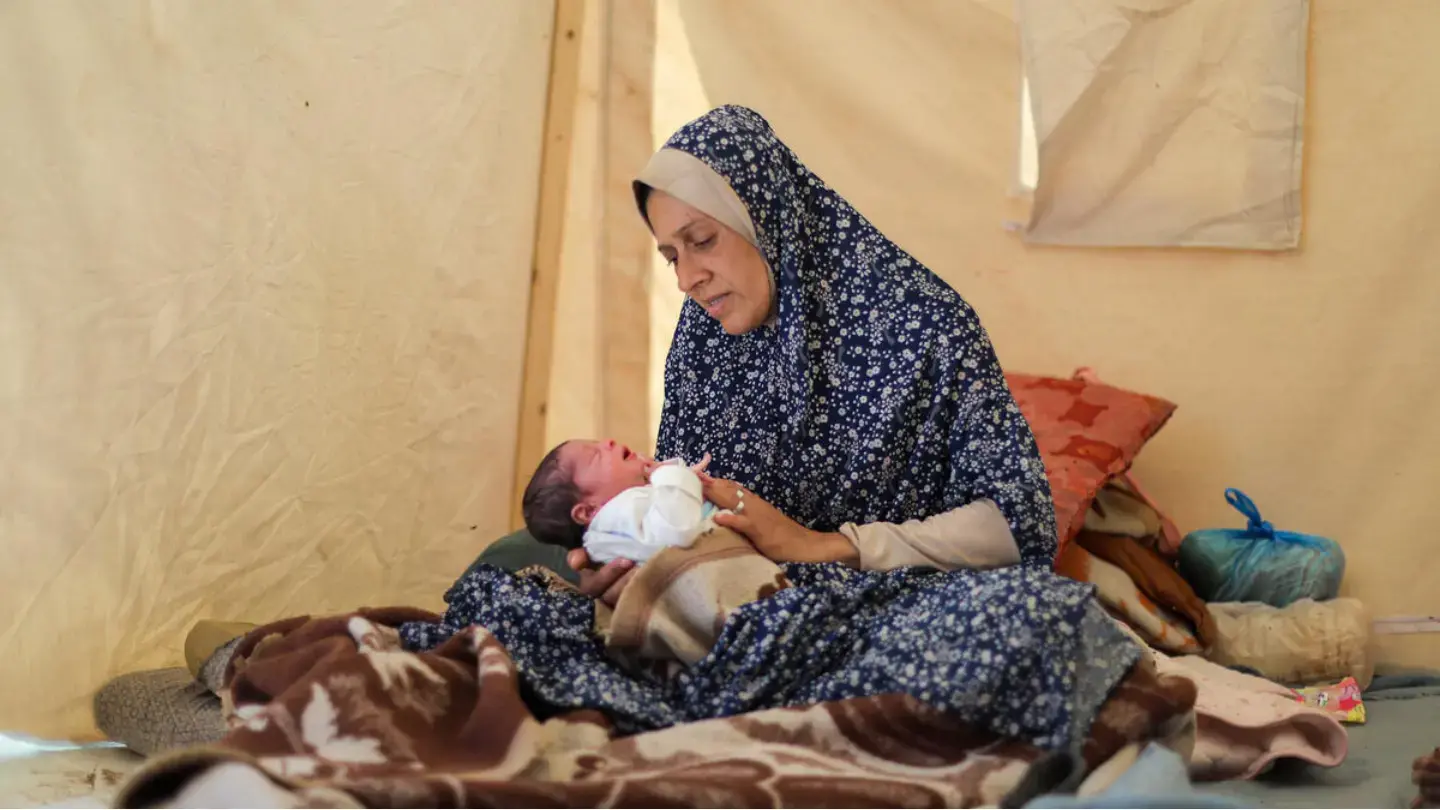Interview with Fatuma Kuno Muhumed, Youth and HIV Programme Analyst at UNFPA Somalia

-
What are the main causes of fistula, and what makes it prevalent in Somali?
Somalia has been through turbulent conflict since the 1990s and though it is now in the process of recovering, it remains very fragile. Women and children in particular, have been victims of the drawn out crisis, with some of the highest maternal, neonatal and child mortality rates in the world. This is influenced by conflict, emigration of health professionals, poor education systems, low levels of professional trainings, nomadic and mobile lifestyles, poor water and sanitation systems, lack of health system infrastructure and poor regulation of services and professionals. This is enhanced by the weak systems and lack of a strong central government, affecting the capacity and progress of system development. There is lack of human resource for health especially shortage of qualified midwives. Some families use traditional birth attendants (TBAs) to care for mothers during childbirth rather than qualified midwives or other skilled birth attendants and the TBAs fail to assist women when complications arise thereby increasing the incidents of fistula.
Early marriage which leads to early pregnancy result in cephalopelvic disproportion, which causes obstructed labour leading to fistula.
-
How big is the role of social norms and pressure in the prevalence of fistula?
Key cultural risk to reproductive health is FGM. Up to 98 percent of all Somali women have undergone FGM. All types of FGM affect reproductive and maternal health, including creating significant risks for childbearing.
Harmful stigma related to fistula put a lot of pressure on women, in traditional Somali society many women are divorced and sent back to her family if she develops fistula.
-
What can be done to reduce or end obstetric fistula?
• Delaying the age of first pregnancy;
• The cessation of harmful traditional practices.
• Skilled attendance at all births.
• Emergency obstetric care for those who develop complications.
-
What programs are you engaged in to end fistula?
- UNFPA provides Comprehensive emergency obstetric services in 11 regional hospitals and 40 maternity waiting homes that provides Basic emergency obstetric care.
- UNFPA also supports 15 midwifery schools in a bid to reduce human resource for health gap.
- UNFPA runs integrated community outreach campaign in rural areas to increase access to services.
- UNFPA also provide family planning advocacy and services.
- Advocacy by YPEER to eliminate FGM and early marriage is ongoing in schools and at community levels.
- Fistula surgeries are done in one of the CEMOC facility in Mogadishu-Dayille hospital and fistula surgery campaign in other areas.
-
What are the 2-3 main pieces of advice you can give a mother about preventing fistula for her daughter?
- Stop FGM.
- Do not marry your daughter when she is still young.
- Ensure you accept health intervention for your daughter as advised by doctors. Most times mothers refusing doctor’s advice delay interventions for obstetric complications that would have prevented obstetric fistula.



